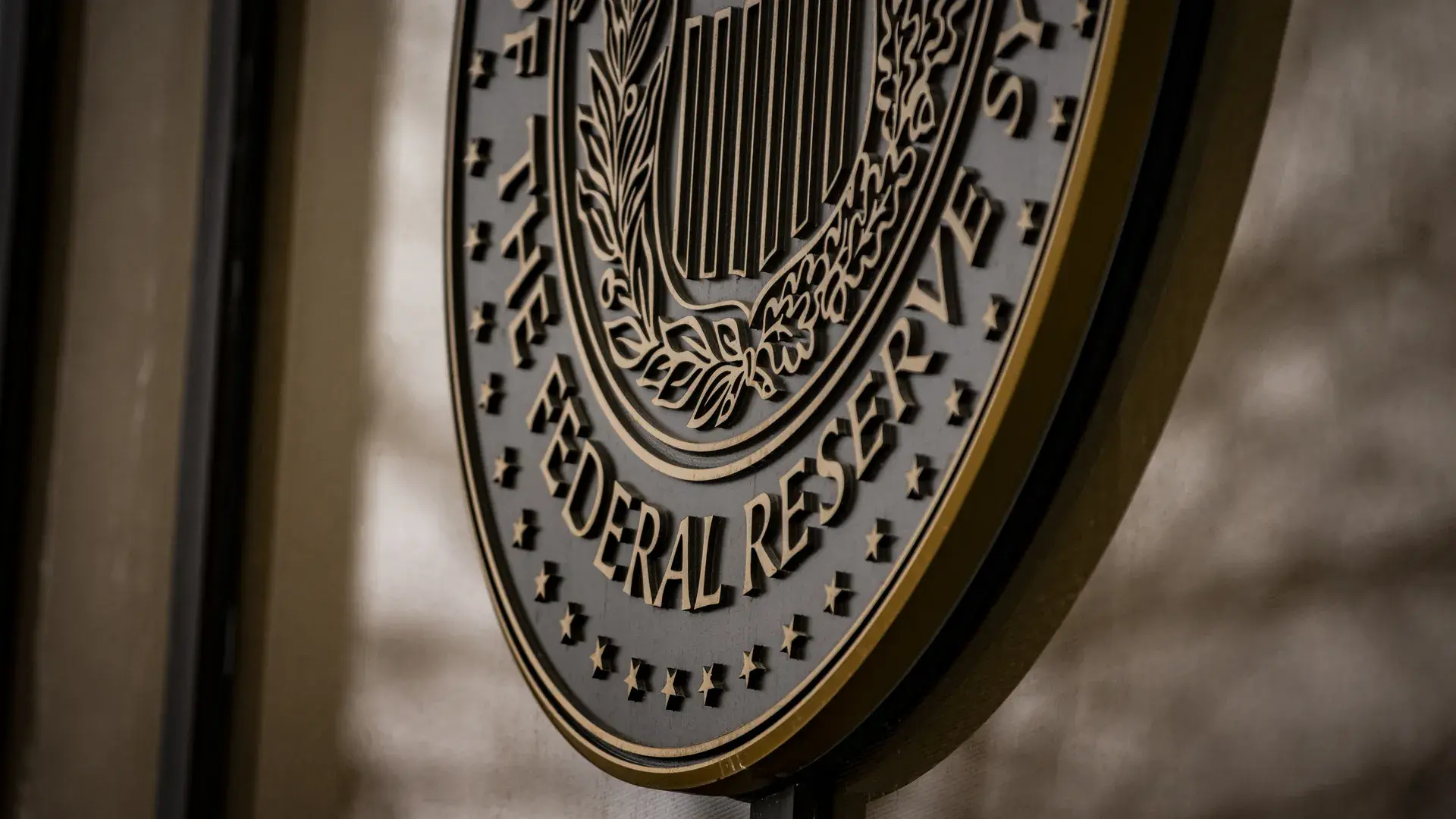Banks Explore AI for Fraud Prevention & Customer Service
Banks are increasingly adopting AI-driven technologies to combat fraud and improve customer service. AI-powered tools enable real-time fraud detection, personalized banking experiences, and enhanced risk assessment, ensuring greater security and efficiency in the financial sector

With the rise of digital banking and online transactions, financial institutions are turning to artificial intelligence (AI) to strengthen fraud prevention and customer service capabilities. Leading banks and fintech firms are integrating AI-powered tools to enhance security, detect fraudulent activities in real time, and provide customers with personalized banking solutions.
As financial fraud becomes more sophisticated, AI-driven solutions are reshaping the banking landscape, offering faster response times, improved accuracy, and proactive risk management.
How Banks Are Using AI for Fraud Prevention
1. AI-Powered Fraud Detection Systems
AI analyzes large volumes of transaction data to detect suspicious patterns. Machine learning algorithms help identify anomalous transactions and alert banks in real time. Biometric authentication, such as facial recognition and fingerprint scanning, strengthens account security.2. Real-Time Transaction Monitoring
AI enhances fraud detection by monitoring transactions 24/7. Suspicious activities are flagged, and automated alerts notify customers and bank security teams. AI models continuously learn from new fraud tactics, adapting to evolving threats.3. Enhanced Risk Assessment & Predictive Analytics
AI helps banks evaluate customer behavior and credit risks with greater accuracy. Advanced predictive analytics assess the probability of fraud before transactions are approved. Financial institutions use AI to block unauthorized transactions automatically, preventing losses.How AI Is Transforming Customer Service in Banking
1. AI Chatbots & Virtual Assistants
AI-powered chatbots provide instant customer support, answering FAQs and assisting with banking inquiries. Virtual assistants help customers with account balance checks, loan applications, and dispute resolutions. AI-driven systems reduce wait times and improve user experiences.2. Personalized Banking Services
AI customizes financial products based on customer spending habits and preferences. Banks use AI to suggest tailored investment opportunities, credit card offers, and savings plans. Personalized banking recommendations enhance customer engagement and retention.3. Voice Recognition & AI Call Centers
AI-driven voice recognition ensures secure phone banking experiences. AI call centers handle complex queries efficiently, improving response accuracy. AI-powered customer service reduces operational costs for banks while increasing customer satisfaction.The Impact of AI on the Banking Industry
1. Increased Security & Fraud Prevention
AI-driven security measures reduce fraudulent transactions and cyber threats. Financial institutions save billions in fraud-related losses through proactive AI detection. AI-powered compliance solutions help banks meet regulatory requirements.2. Cost Efficiency & Faster Services
AI automates routine banking tasks, reducing manual labor costs. Banks can process loan applications, verify identities, and approve transactions faster. AI systems operate 24/7, ensuring round-the-clock security and support.3. Challenges & Ethical Concerns
Some consumers worry about privacy risks associated with AI tracking their financial behaviors. AI bias remains a challenge, requiring continuous improvements in machine learning models. Banks must ensure AI-driven decisions remain transparent and fair.Industry Reactions & Future of AI in Banking
Banking Sector Response
Leading financial institutions such as JPMorgan Chase, Bank of America, and Wells Fargo are heavily investing in AI technology. Banks believe AI will revolutionize financial services, improving security, operational efficiency, and customer engagement.
AI Experts’ Perspective
AI researchers predict that 80% of banking interactions will be automated by 2030. AI-driven fraud prevention tools could eliminate billions of dollars in financial losses annually. AI-powered digital banking platforms will enhance customer experiences and streamline services.Future AI Trends in Banking
Expansion of AI-driven mobile banking solutions. Blockchain integration with AI for enhanced security. Further advancements in AI-based financial forecasting.Latest In Media & marketing
Banking Magazine

New Regulations for Digital Banking and Crypto Investments
Investment

The Evolution of Investment Policies in U.S. Banking
Finance

Analyzing U.S. Banking Regulations and Investment Performance
Money







